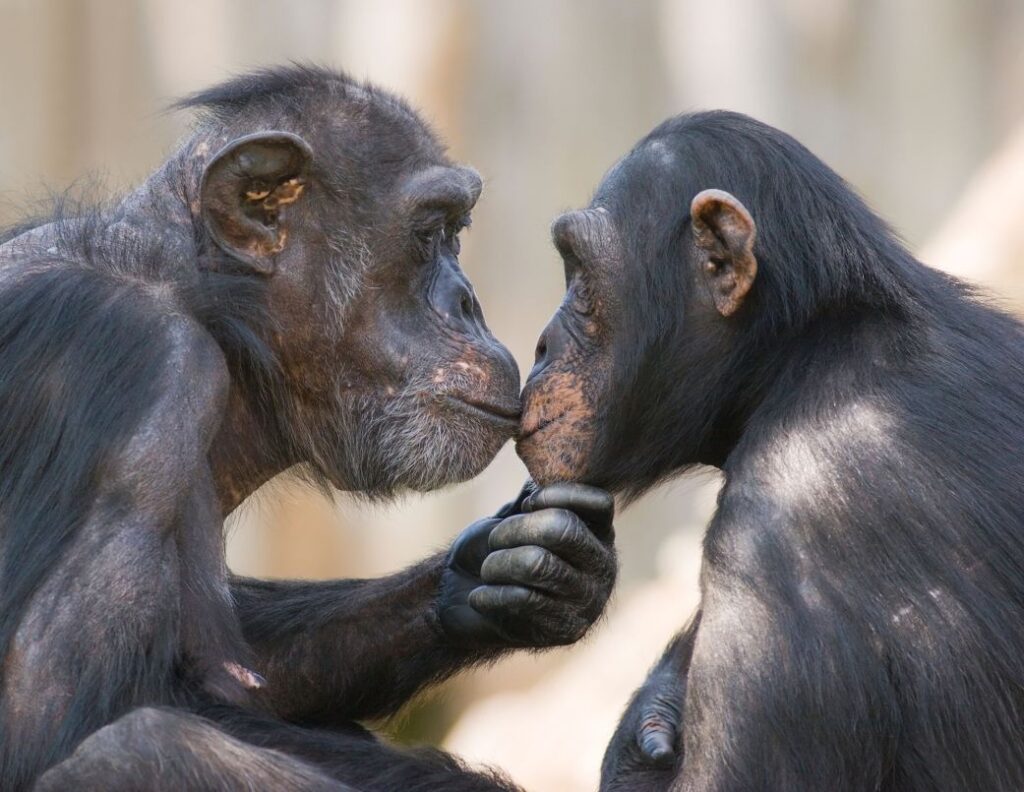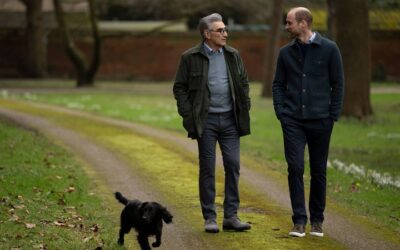A new study that examines how kissing evolved suggests that ape ancestors and early humans like Neanderthals probably locked lips with their friends and sexual partners. The behavior may date back 21 million years.
Humanity’s earliest kisses were recorded 4,500 years ago in Mesopotamia and Ancient Egypt, but Matilda Brindle, lead author of the research and an evolutionary biologist at Oxford’s Department of Biology, said kissing presents an “evolutionary conundrum.”
It appears to carry high risks, such as disease transmission, while offering no obvious reproductive or survival advantage, she said.
“Kissing is one of these things that we were just really interested in understanding,” Brindle, who studies sexual behavior in primates, told CNN. “It’s pervasive across animals, which gives you a hint that it might be an evolved trait.”
Kissing, which the team defined as non-aggressive, mouth-to-mouth contact that doesn’t involve food, isn’t something that can be detected in the fossil record, so Brindle and her colleagues used a different approach.
Continue reading the complete article on the original source



